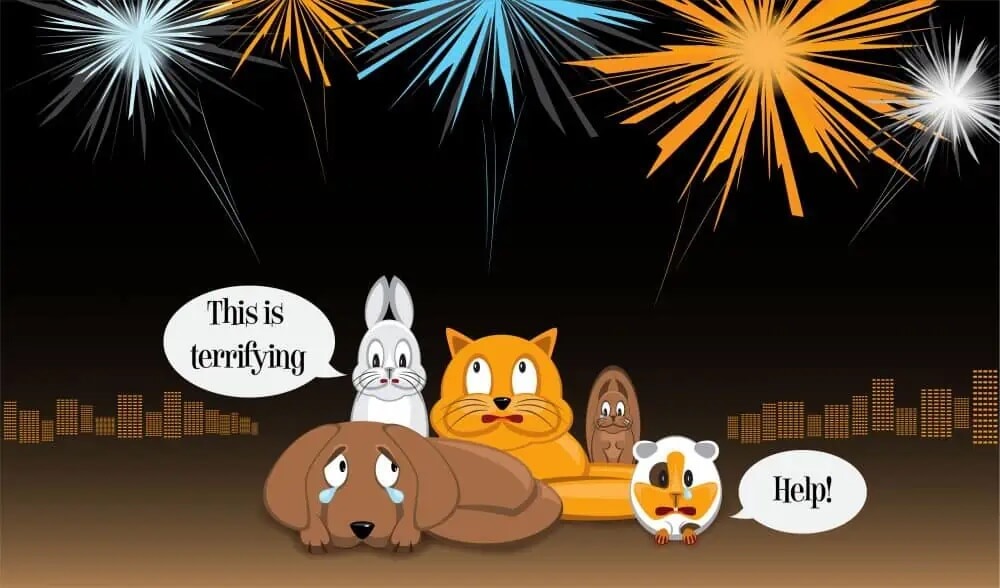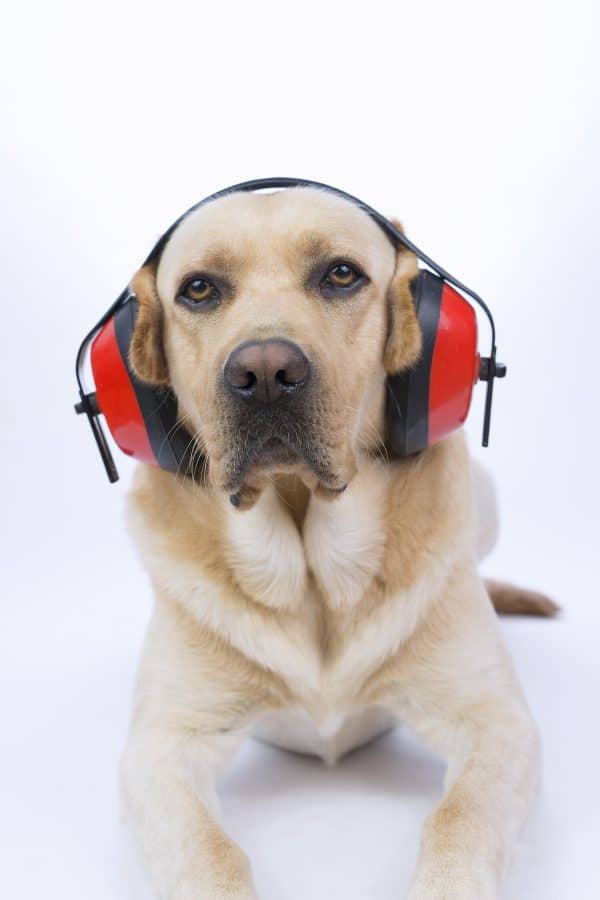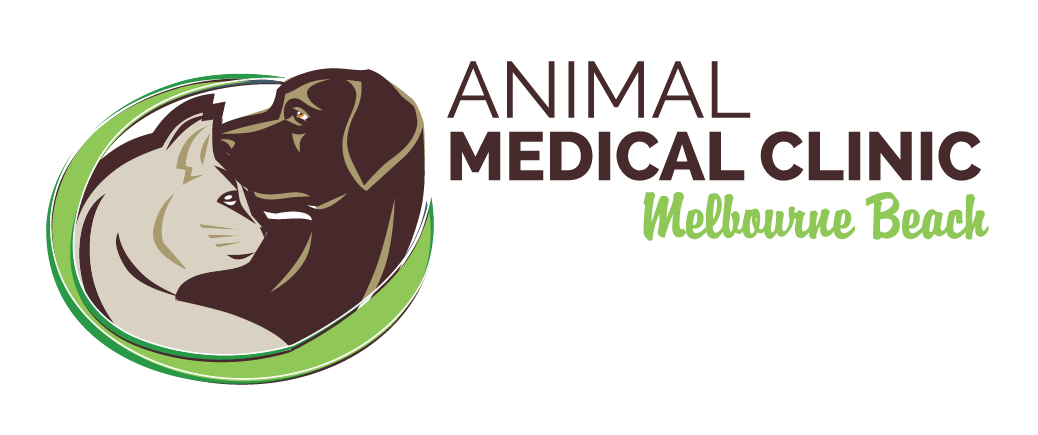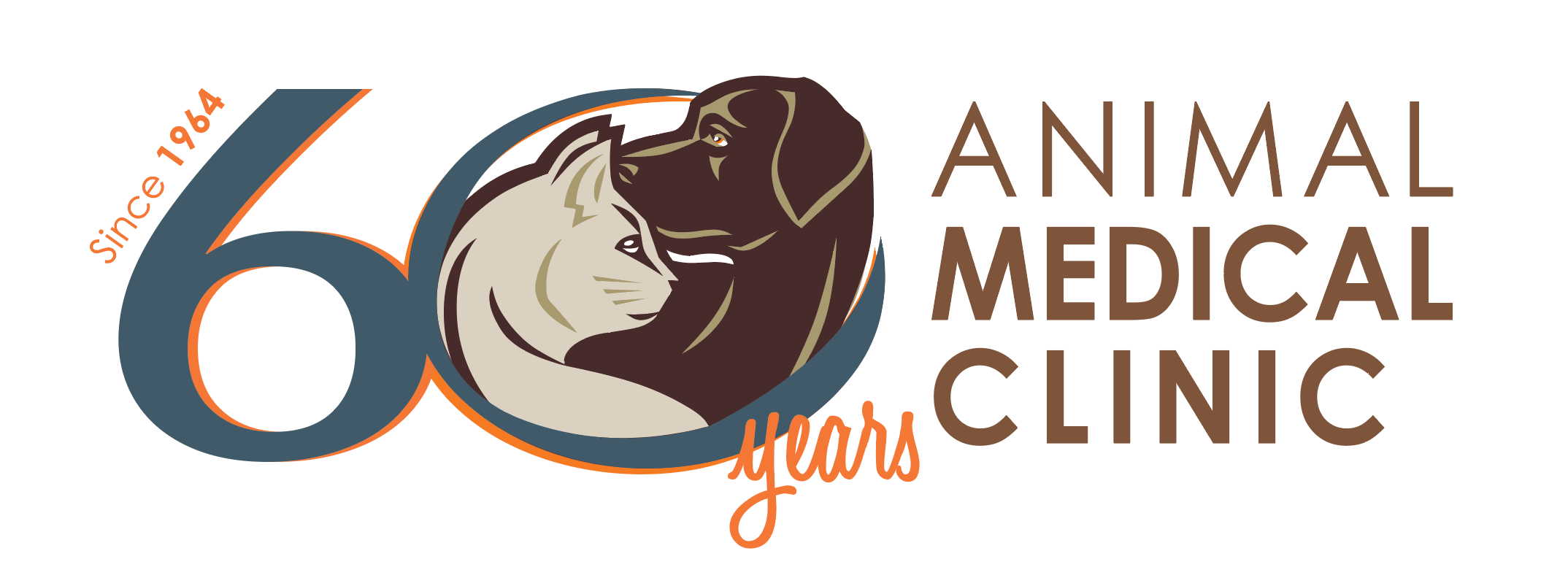
Break out your grills, lawns chairs and festive food, because it’s that time of year again—Independence Day is just around the corner! The Fourth of July is always a great day to celebrate our nation with friends, family and furry ones alike. Like many of us, you may anticipate catching a fireworks show at the end of the evening, or you may be planning to light up the sky yourself. While fireworks are a longstanding tradition for this summer holiday, for some pets, fireworks are not a reason to party, but a reason to panic.
 More pets run away on the Fourth of July than any other day, so you should take extra steps to ensure their safety. Keep a keen eye on your dog during the commotion, and make sure your pet is wearing proper identification.
More pets run away on the Fourth of July than any other day, so you should take extra steps to ensure their safety. Keep a keen eye on your dog during the commotion, and make sure your pet is wearing proper identification.
It is natural for dogs to be afraid of loud noises. The sounds trigger their nervous systems, and they can become anxious or afraid. Running away from the noise is a survival instinct.
Many pets have noise phobias, and loud noises like thunder and fireworks can frighten them, but to your dog, the experience of fireworks can be worse than other natural loud noises. Fireworks are closer to the ground, more vibrant, and are accompanied by sudden booms, flashes and burning smells. Dogs experience the world through their senses — nose, eyes, ears. The typical Fourth of July celebration can be overwhelming to them.
Here are some tips to help keep your dog calm, making for an easier holiday for both of you. Some of these apply to thunder phobias as well.
Leave your pet at home.
You might think that having Fido with you might help ease his stress, but the combination of unfamilar surroundings plus the sound of fireworks is doubly scary. Also, if your pet is outdoors, he may well make a run for it, so keep him inside for the duration of any fireworks shows.
Tire your pet out.
The more tired a pet is, the calmer he’ll be in the evening—and thus less bothered by the loud booms of fireworks. Be sure to take your dog out for an extra-long walk on the morning of the Fourth, and factor in some extra playtime with your kitties.
Make a safe, secure space for your pet.
Before you leave for the evening’s festivities, make sure to set up your pet in a safe, comfortable, calming space, like a bedroom or a crate. Keep windows and doors closed to prevent any potential escape, and make sure your pet has a cozy bed, his favorite toys and enough food and water to last throughout the night.
Create a distraction.
If you’re home when fireworks are going off, redirect your pet’s attention by throwing his favorite ball or another well-loved toy. Not only will you distract your pet, but you may help him associate the noise with something positive like play and attention.
“Soundproof” your space.
A little white noise can help block out the worst of the fireworks. Leave the television or radio on, or just turn on a fan to help sound-sensitive pets get through the evening.
Make sure your pet has identification
This one is key—it’s not a coincidence that missing pets cases spike between July 4 and 6. Dogs and cats can get so spooked by fireworks that they try to escape, and many sadly succeed. A microchip or collar and tag with identifying information can help your pet be returned to you more easily should the worst happen. If your pet does run away, get the word out to animal control immediately.
Talk to your veterinarian.
If your pet is especially anxious about fireworks, thunder, or other loud noises, schedule a consult with your vet for further ideas. There are several options for making them less anxious. He or she might suggest body wraps, herbal calming agents or even anti-anxiety drugs to help your pet cope.



